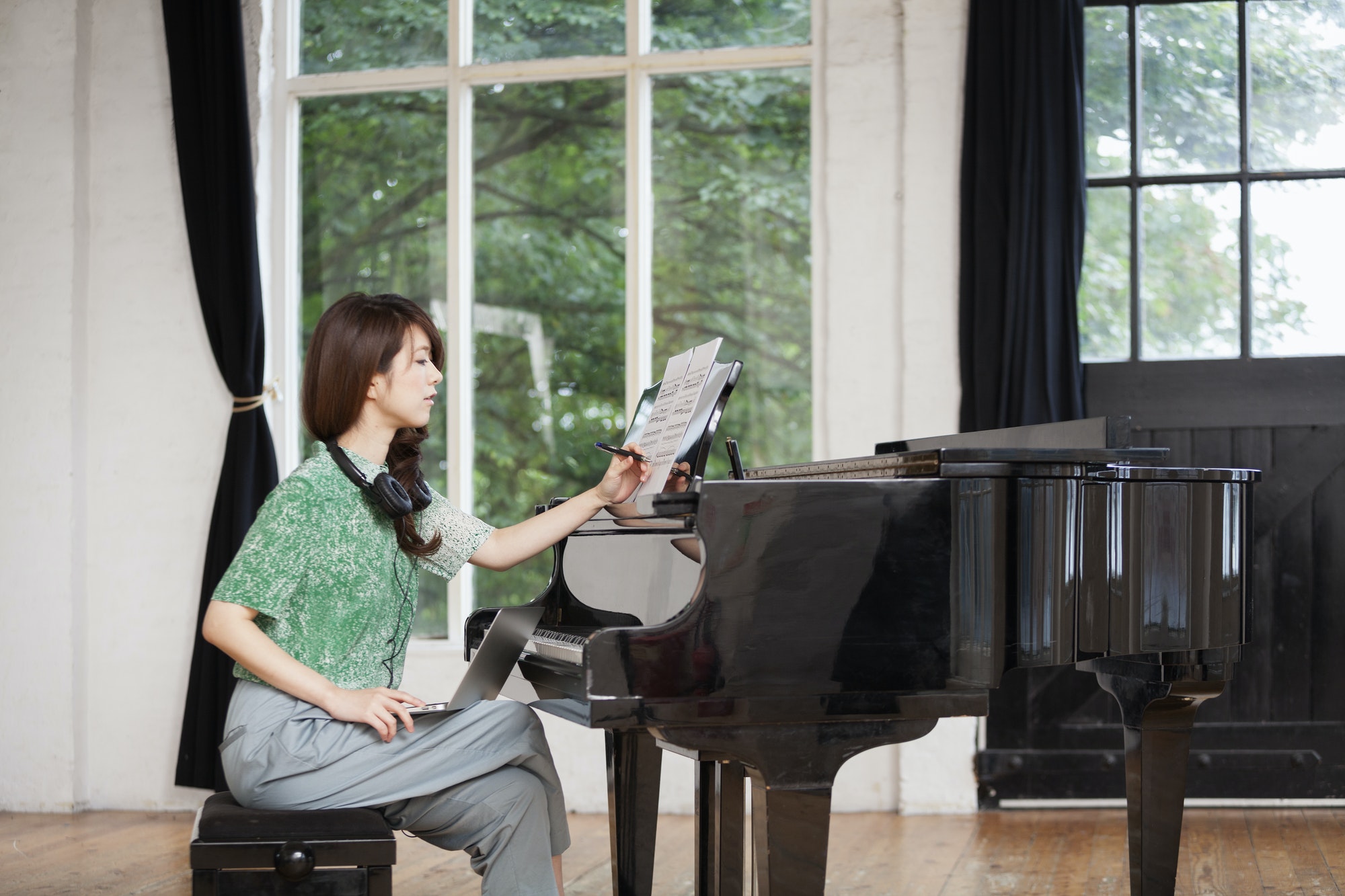Areas of Concentration You may choose
This is our 4-year core program for musicians looking to pursue a career in classical music performance. The curriculum has been adapted from various conservatories in the world to bring you the best.
Jazz-Pop Performance is a 4-year Bachelor’s degree program for undergraduate musicians that are interested in exploring musicality in the Jazz and Pop genre.
The music education program turns students into music educators of today and tomorrow. Participants of this program applies musical content and pedagogical practices that are innovative, contemporary, and relevant, to gain music literary that enable them to excel as educators and in turn help their students achieve full musical potential
Our latest program that offers participants a gateway to music industry. In this program, students will learn to compose, mix, finalize and market their music in our ever-digital world.








